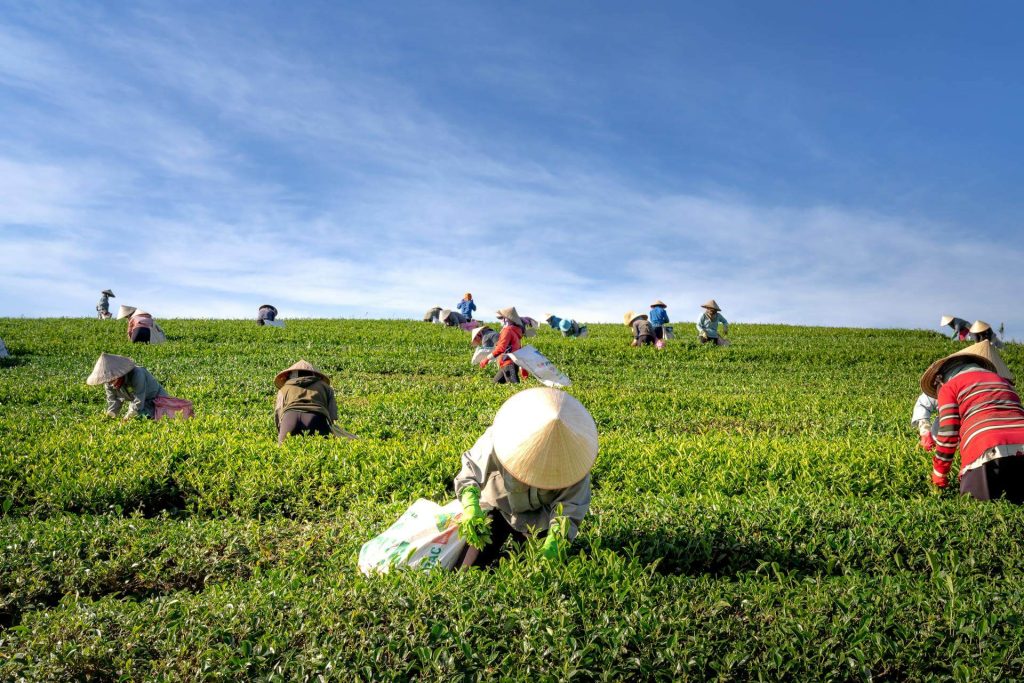Agriculture has always been the cornerstone of human progress. From the earliest civilizations that settled along fertile riverbanks to today’s highly mechanized farms, agriculture remains central to survival and growth. It not only provides food for billions but also supports industries, trade, and economies around the world. Without agriculture, there would be no foundation for stable societies or thriving communities. The seeds sown thousands of years ago continue to shape how nations prosper and how cultures connect.

Modern Farming and Technological Innovation
Today’s agriculture is undergoing a remarkable transformation. Farmers are no longer limited to traditional methods; instead, they have access to advanced machinery, precision irrigation systems, and smart data tools that optimize crop yields. Technologies like drones, soil sensors, and AI-driven analytics allow farmers to monitor their fields with greater accuracy and efficiency. This shift toward modern farming has boosted productivity, reduced waste, and created opportunities for sustainable growth. Agriculture is no longer just about cultivating land—it’s about cultivating knowledge and innovation.
Sustainability: Protecting the Land for Tomorrow
As populations grow and resources shrink, sustainability in agriculture has become more important than ever. Practices such as crop rotation, organic farming, and integrated pest management are helping protect soil fertility and reduce chemical use. Farmers worldwide are embracing renewable energy, water-saving techniques, and climate-smart agriculture to balance productivity with environmental care. This commitment ensures that the land continues to provide for future generations while maintaining biodiversity and natural ecosystems. Sustainable agriculture is not just a trend; it is a necessity for the planet’s survival.
The Role of Agriculture in Global Economies
Agriculture fuels more than just dinner tables—it drives economies. In many developing nations, it provides livelihoods for the majority of the population. Even in advanced economies, agribusiness plays a vital role by supplying raw materials to industries like textiles, food processing, and pharmaceuticals. Export of agricultural products helps nations earn foreign exchange, strengthening their economic standing on the global stage. From small family farms to multinational agribusiness corporations, agriculture is deeply interconnected with financial stability, employment, and trade networks across the globe.
A Future Rooted in Innovation and Community
Looking ahead, the future of agriculture rests on innovation, sustainability, and human collaboration. Farmers, scientists, policymakers, and communities must work hand-in-hand to meet rising food demands while safeguarding natural resources. Investments in research, education, and digital technologies will shape farming for decades to come. Beyond the fields, agriculture will continue to play a role in uniting societies, feeding families, and powering industries. It is more than a practice; it is a promise—a promise of growth, resilience, and hope for future generations.
